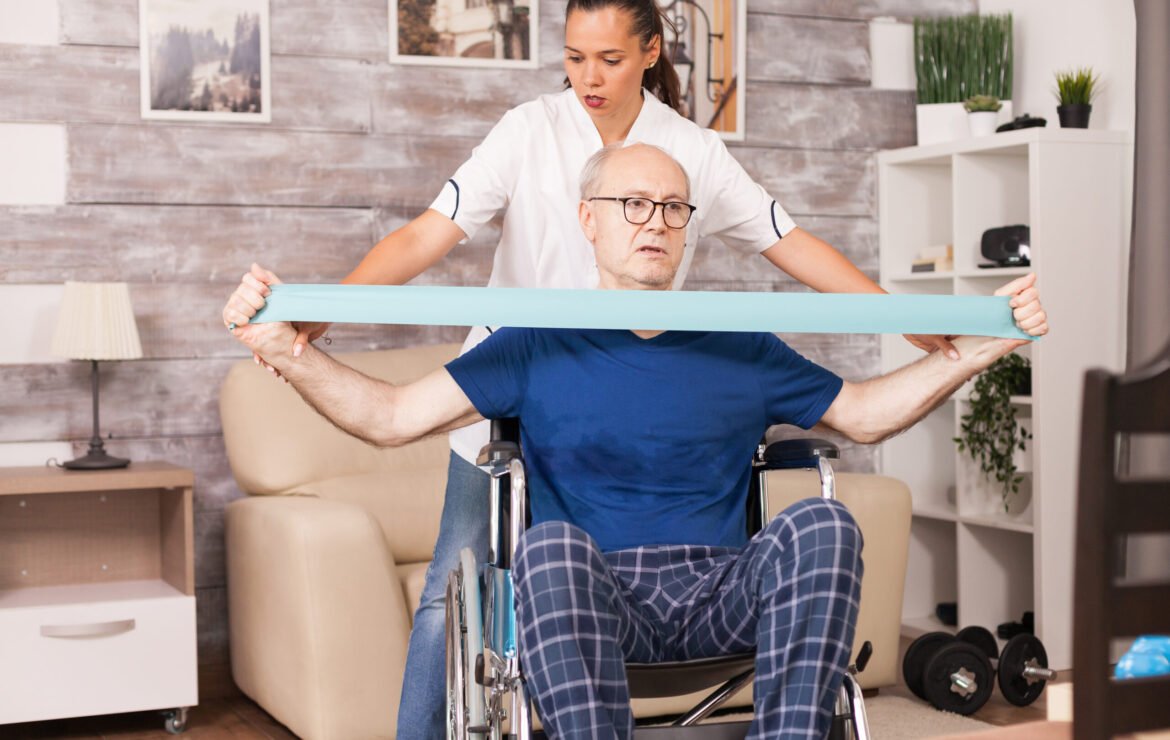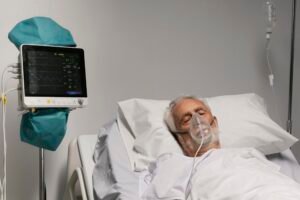What are the 7 roles of home care physiotherapy?

The population was aging, and the demand for care for older and disabled people had increased. Nursing homes are fundamentally about the core business of caring for patients, so physiotherapy is essential. These experts assist home care Physiotherapy residents in regaining their independence, help maintain mobility, and also enhance their quality of life.
Home care physiotherapy duties
A physiotherapist is a jack-of-all-trades in a care facility, providing a variety of treatments to meet every resident’s physical health, mobility, and general living needs.
Assessment & Individualized Care Plans
Testing by each physiotherapist of at least one resident’s mobility, strength, balance, and function. Based on this evaluation, a personalized therapy plan is created for each resident tailored to their specific needs.
Increasing Mobility
Additionally, healthy mobility is essential to a free and well-balanced life. Having monitored a person for mobility, physiotherapists recommend personalized exercise regimens. Commonly, these exercises strengthen, increase flexibility, and improve balance. This causes residents to perform daily tasks with ease and also decreases their risk of falling and getting injured.
Pain Management
Older people, along with others whose ailments might remove them from chronic pain, face pain every day of their lives. Physiotherapists use their hands to help residents feel at ease and secure. Such activities may include exercise and a host of other techniques.
Practical Training
Physiotherapists will help residents to as independently as possible master daily living skills. Walking from the bed to a destination, exercising safely with adaptive equipment, and engaging in activities such as transferring in and out of chairs or other furniture are among these.
Preventing Falls
For elderly people with mobility limitations and frailty, as well as for the effects falls can have on the elderly, they may be a significant concern. Using home environment assessments, physiotherapists employ fall prevention techniques to identify hazards and instruct residents and staff on how to use systems to perform tasks safely and correctly.
Post-Surgical Physiotherapy
Even people who are recovering well from planned surgery can speed up their recovery with the help of physiotherapists. Physical therapists will develop a rehabilitation program post-surgery (i.e., joint replacement) in hopes of improving strength, range of motion, and function.
Psychosocial support
Therapists offer emotional and psychological comfort to their patients. Establishing a connection with the resident, providing motivation, and allowing the resident to develop their physical skills enhances their mental health.
Approach of Collaborative Practice
Physiotherapists in nursing and residential care homes also collaborate and cooperate with other specialists, including physicians, occupational therapists, nurses, and other qualified healthcare professionals. So, this is how you create the best rehabilitation output: keep residents at their best by providing a solution that serves their physical, social, and psychological well-being.
Conclusion
Physiotherapy home care is an essential component of today’s healthcare, not just for treating injuries and conditions, but also for promoting health, disease prevention, and empowering patients to take care of their overall well-being. Whether you’ve reached an age where physical obstacles get in the way or you’re just looking to make your life a little bit easier, the staff at Home Care by LCH is here to lend a hand. Contact Home care by LCH today to schedule your consultation and get back to living life pain-free.








